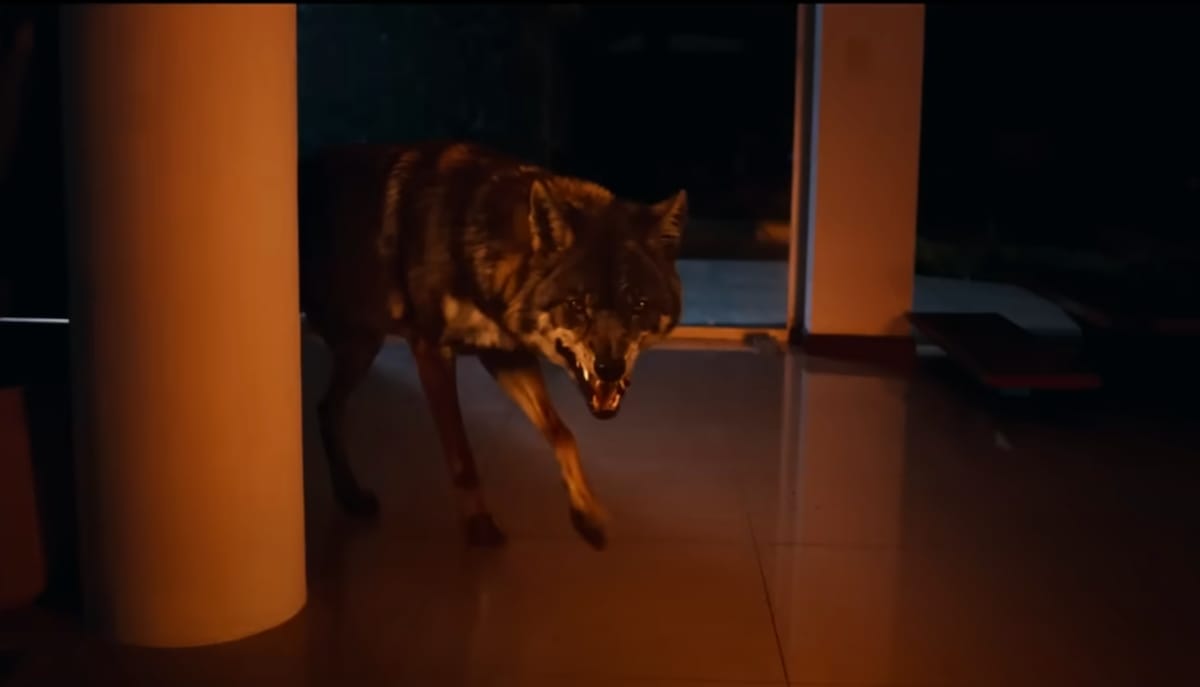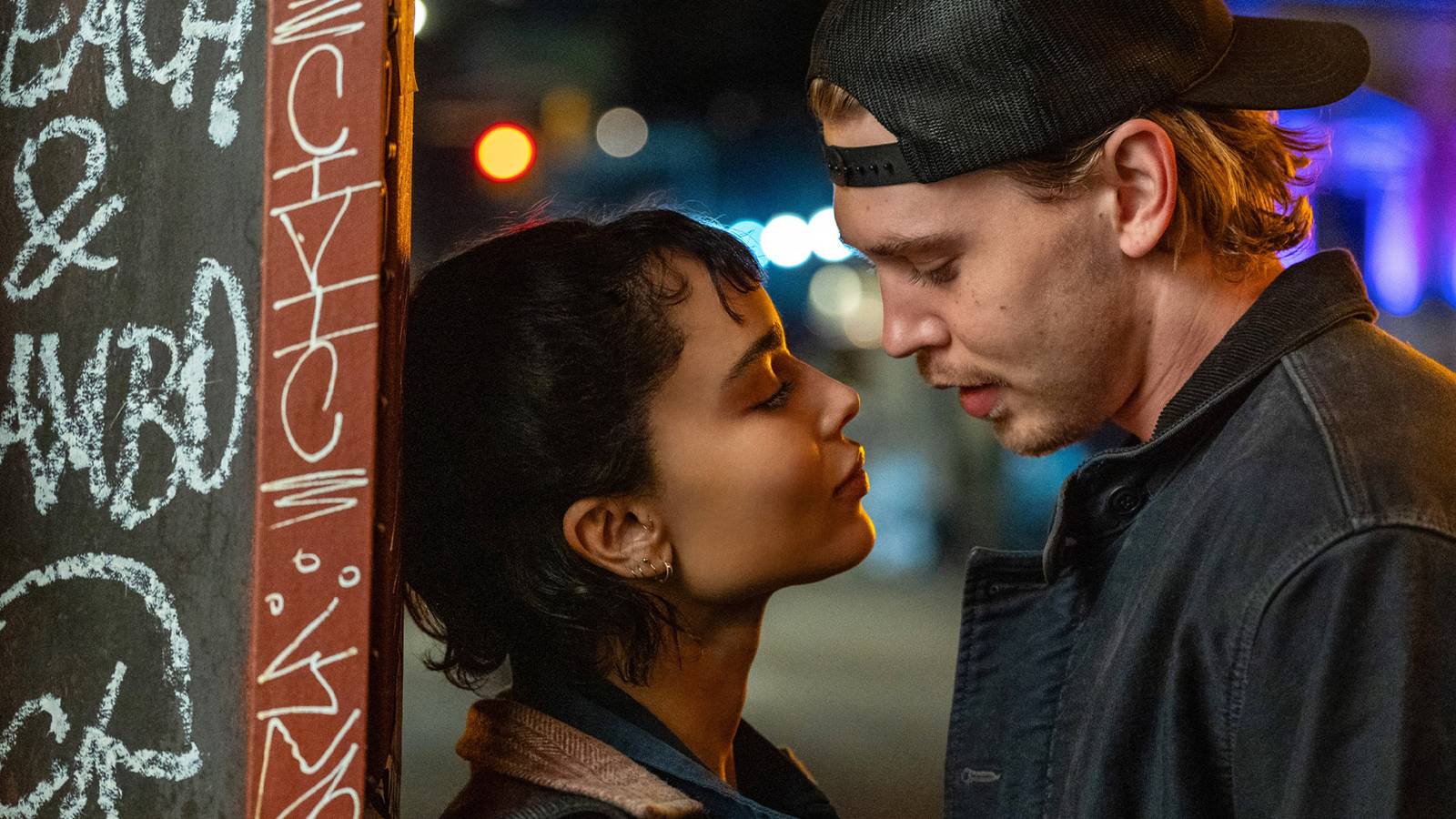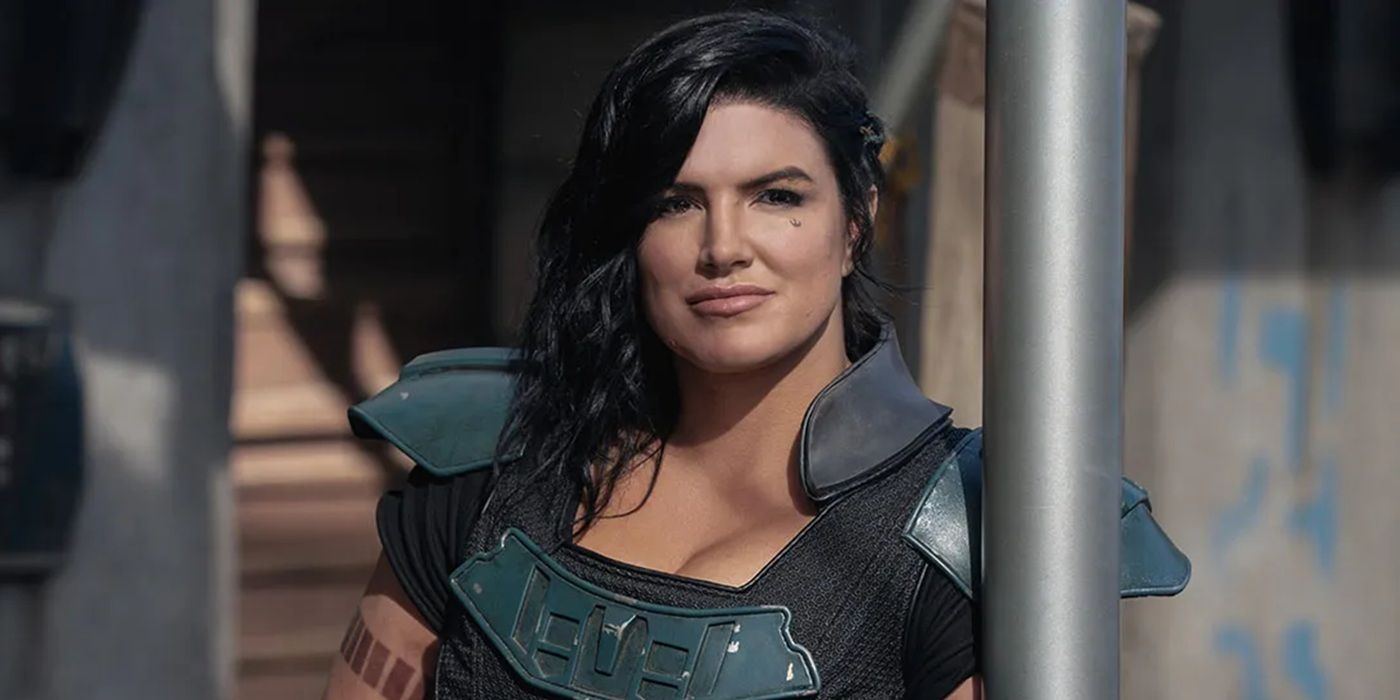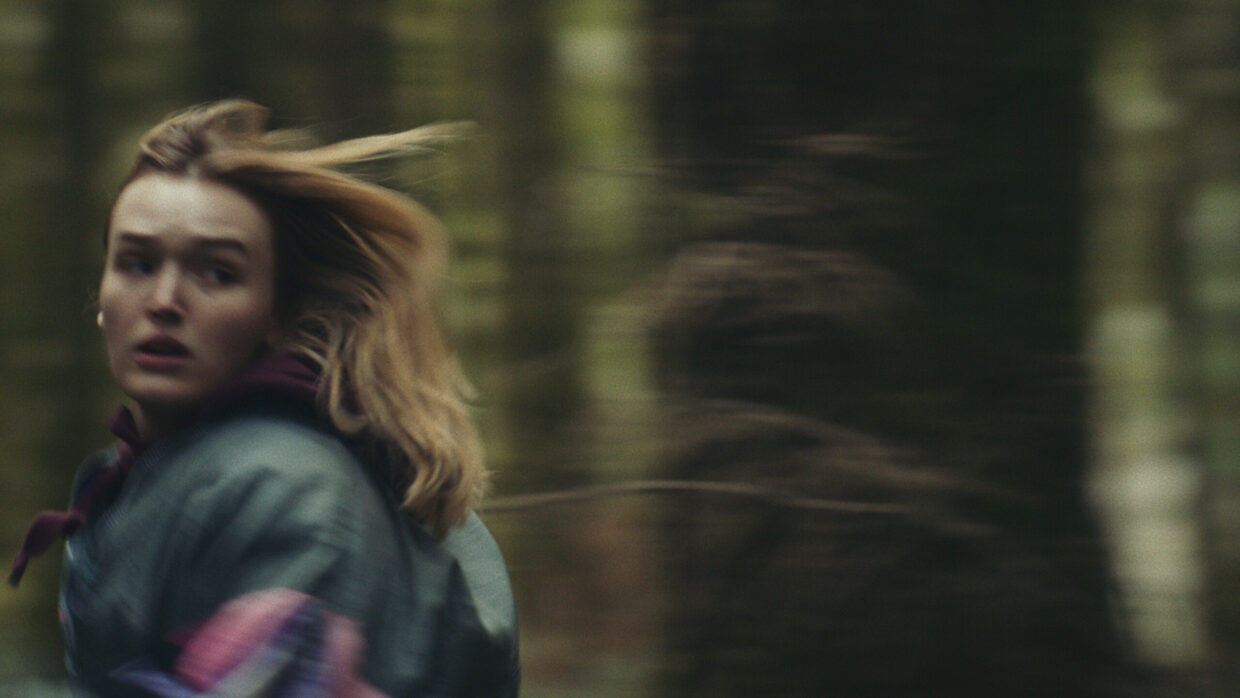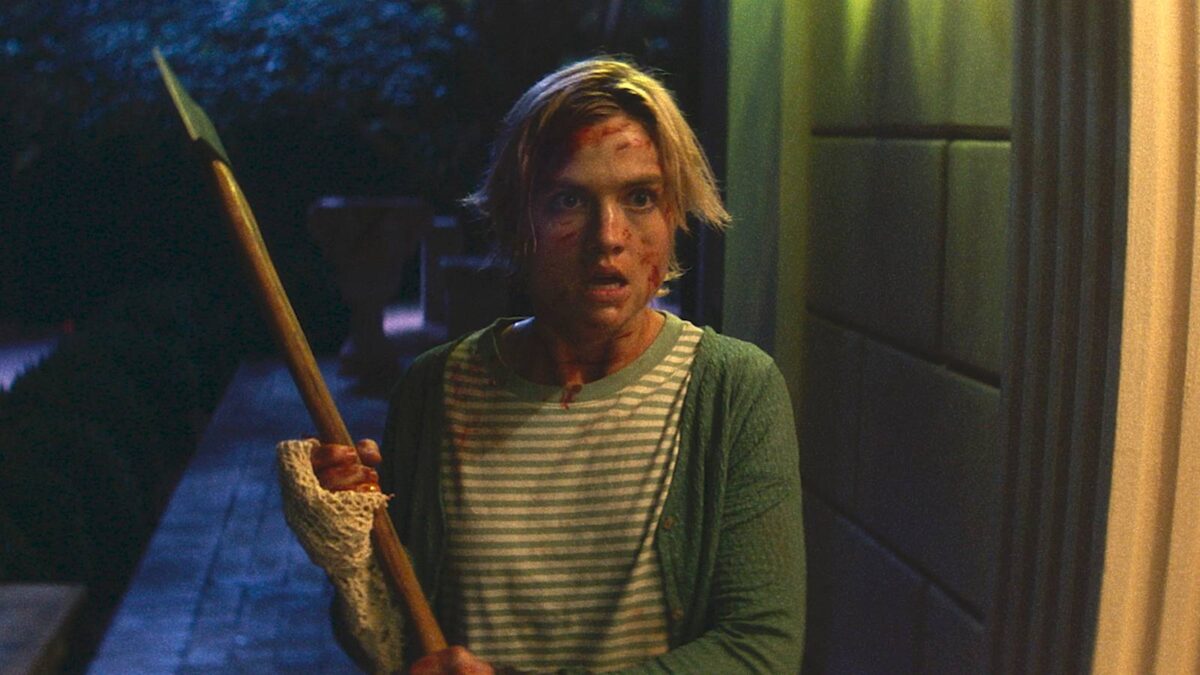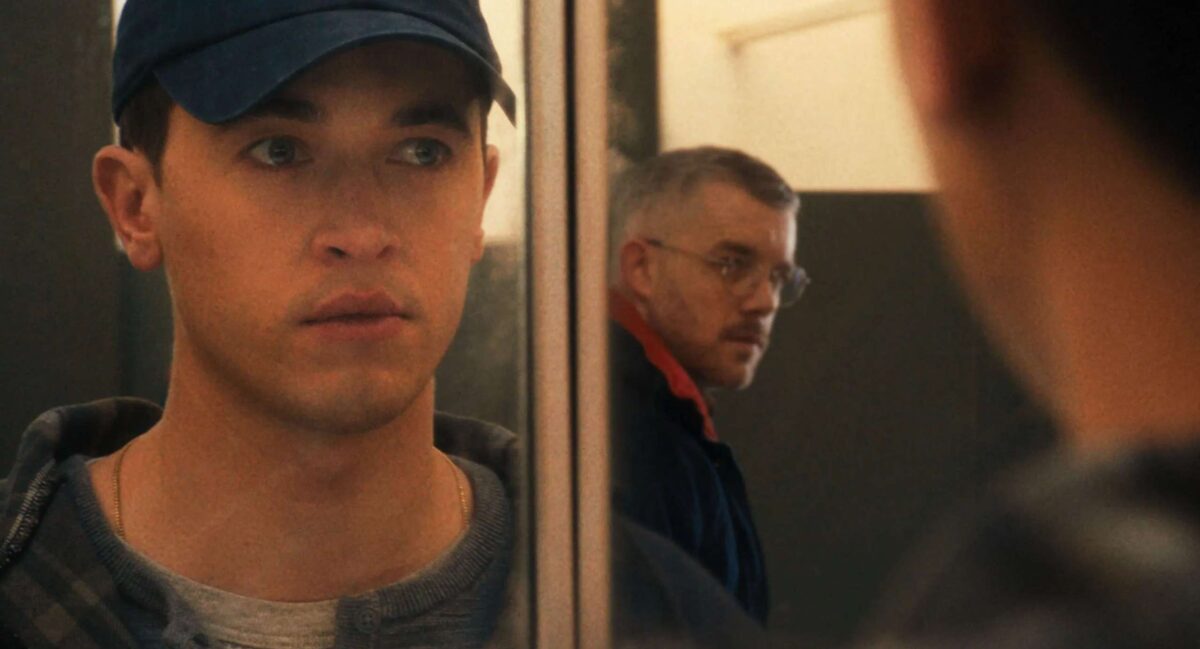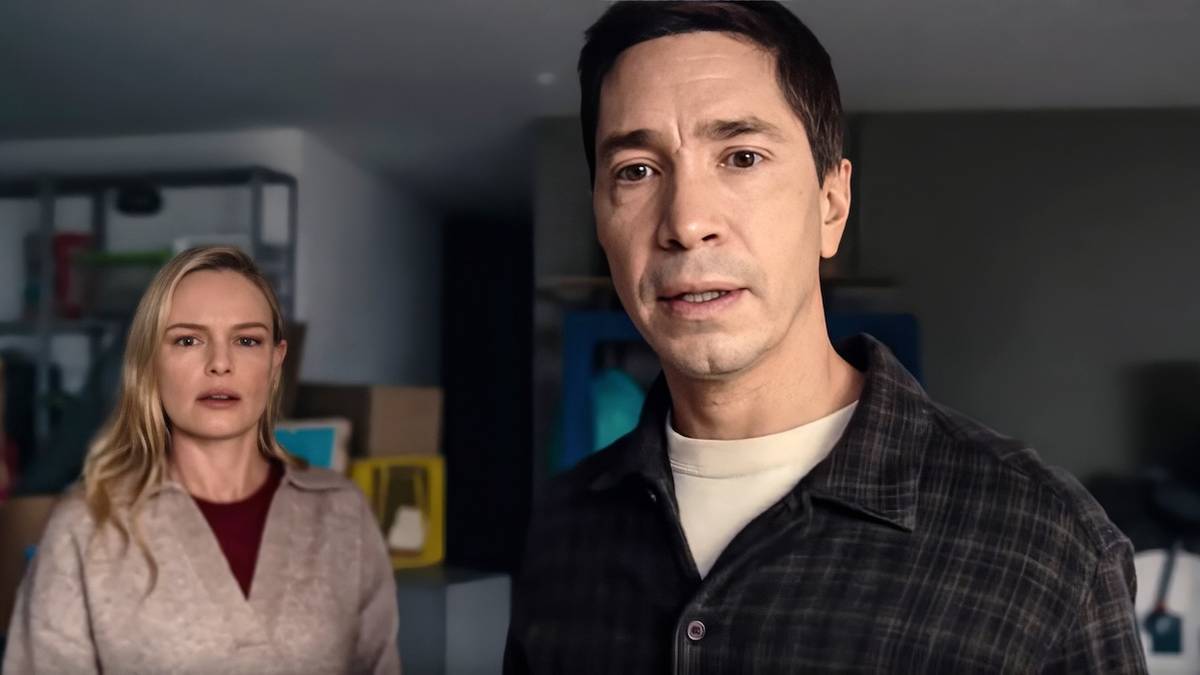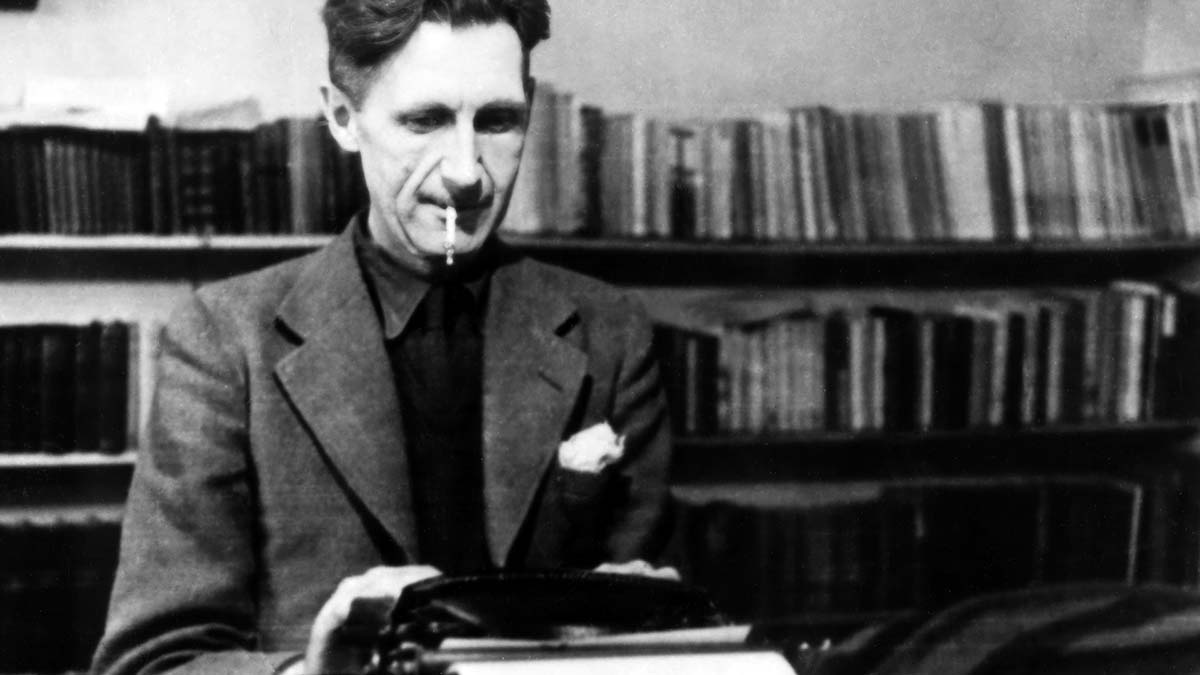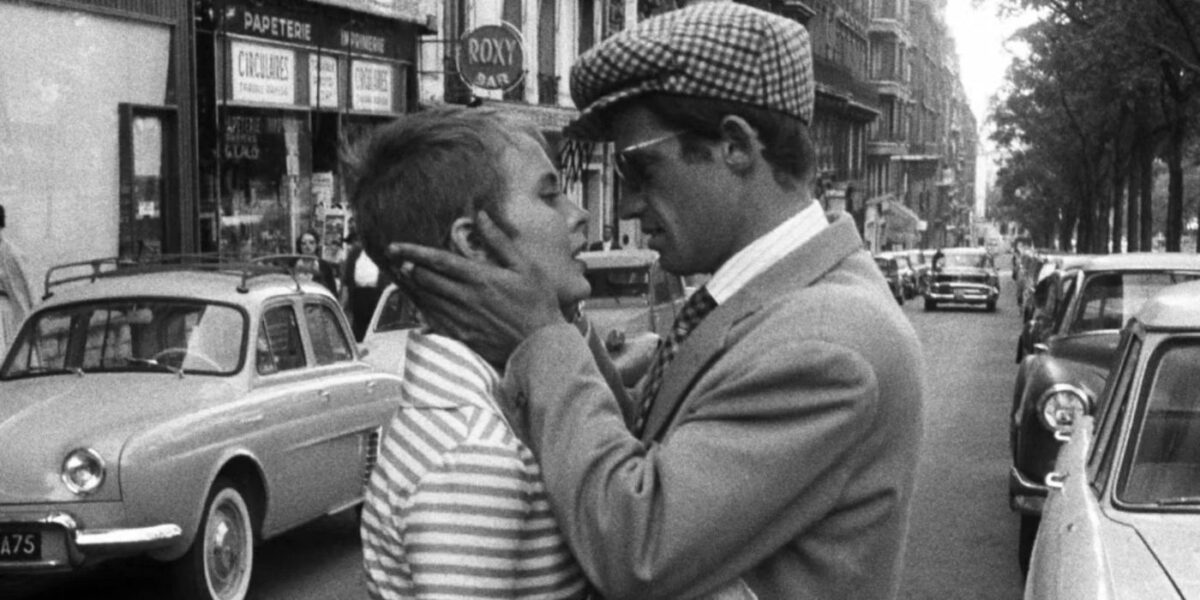
‘Nouvelle Vague’ Review: Richard Linklater’s Ode to French Cinema Will Leave You Breathless
May 18, 2025
Nouvelle Vague (aka New Wave), the latest film from the iconic American indie director Richard Linklater, is a tour de force of nostalgic whimsy. It’s a beautifully crafted love letter to the period of French cinema in the late 1950s and early 1960s that continues to resonate to this very day, the formal experimentation and narrative elements crashing ashore as powerfully as they did more than half a century ago. Joining the likes of Tim Burton’s masterwork Ed Wood as an iconic film about filmmaking, this is Linklater at his absolute finest.
‘Nouvelle Vague’ Is a Perfect Setting and Perfect Director for This Wonderful Homage
Where better to premiere a film about the making of Jean-Luc Godard’s Breathless than at Cannes, the festival where the irascible auteur had a love/hate relationship over many decades? Linklater, best known for the likes of Dazed and Confused, the sumptuous (and French-set) Before trilogy, or the Jack Black-starring sensation School of Rock, has his work cut out for him, bringing one of the most important directors of French cinema to life.
Yet just as Godard and his compatriots at the Cahiers du cinéma helped transform a staid French production system through their obsession with American genre elements and the freedom that new camera technology elicited, so too did Linklater’s debut, which fundamentally transformed cinema and paved the way for generations of talent to come. Slacker, Linklater’s breakthrough 1990 feature, was shot on a microbudget and would go on to make millions, capturing his Austin, Texas locale with the same sense of experimentation and eccentricity that Godard brought to the screen some thirty years earlier.
While Slacker focuses on American misfits who share a very Gallic feeling of Gen-x ennui, Godard’s lens is trained on a self-declared conard (“asshole”), a car thief bouncing from bar to café, girlfriend to girlfriend, finding a pixie-cut blonde selling Herald Tribune newspapers as his most direct (and fatal) obsession. This ripped-from-the-headlines tale, originally suggested by fellow Cahier writer François Truffaut, injected Godard’s feature debut with a documentary flair that remains intoxicating. Yet it was his stylistic choices, with jump cuts, startling angles, and a refusal to linger when unnecessary or cut away when fully engaged, that helped redefine the very rules of cinema.
‘Nouvelle Vague’ Is a Behind-the-Scenes Documentary That Never Was
Image via ARP Sélection
Linklater and his production team have done an astonishing job bringing Godard’s Paris, Cannes, and Marseille to life. The central irony, of course, is that the amount of work the contemporary film mustered for the crafting of Nouvelle Vague dwarfs entirely the similar scattershot efforts that the guerrilla production team used to make Breathless originally. Given Godard’s non-fiction flourishes, he could elevate with little effort his production values simply by going outside, covertly aiming his Éclair Cameflex as his characters walked the Champs-Élysées, with all the texture of mid-century France for free.
For Linklater and his crew, the challenges must have been monumental, but the precision and attention to detail are truly astonishing for anyone with even a passing familiarity with the iconic images that Breathless’ original cameraman Raoul Coutard captured in often surreptitious ways. Projected on film at the premiere, the 1.33:1 Academy ratio frame is littered with tiny details that echo the original scenes, and everything from period cars lining streets as far as one can see, to the tiniest details of costume, hair, makeup, and props would make any cinéphile giddy.
Image via ARP Selection
None of the nerdy filmic elements would mean a thing if we didn’t care about the characters, both from the original and this meta-telling, and Linklater has assembled an army of astonishing performers. Each character, iconic or otherwise, is introduced almost like a mug shot, staring directly down the barrel of the lens with text informing us about names like Jean-Paul Belmondo (the original protagonist, here played by Aubry Dullin), the femme fatale, Jean Seberg (brilliantly realized by a never-better Zoey Deutch), and the film’s true breakthrough, newcomer Guillaume Marbeck playing Godard himself, with the exact range of charisma, obnoxiousness, electricity and douchebaggery that exemplified this most mercurial of filmmakers.
Others, from Adrien Rouyard as a detached yet gently encouraging François Truffaut, Bruno Dreyfürst as the hapless yet vital producer Georges de Beauregard, Antoine Besson as the chummy Claude Chabrol, and Roxane Rivière as the ever effervescent Agnès Varda, form a rich tapestry of cigarette smoking cineastes and aesthetes, each exuding a mix of cool and ungainliness that makes the period so intoxicating.
Much of the film’s magic must rest on the believability of Godard’s ability to rally his troops despite his predilection for dismissiveness and self-centered egoism, and this narrow path for crafting a sympathetic, complex character sits firmly on Marbeck’s shoulders. In many ways, he’s more charming and charismatic when being a prick than the real man was. Linklater and his screenwriters (Holly Gent, Vincent Palmo Jr., Michèle Pétin, Laetitia Masson), who like the production team, spent exponentially longer time on their script than the subject of their narrative gaze, find the balance carefully, and if there’s a glimmer of overwarm remembrance in the telling. The end result is a far more enjoyable film than in trying to navigate the common abuses and blind self-centeredness that Godard has often been lauded for by those that want their artist to be obnoxious schmucks.
‘Nouvelle Vague’ Is a Treasure for Classic Film Fans
Image via ARP Selection
For those who haven’t seen a frame of Godard’s original, they’re in for a treat with this wonderfully realized period piece about guerrilla filmmaking that feels as fresh and resonant as when they were shooting back in the ‘60s. For any cinemaniac engrossed in cinema from the period, this telling is practically orgasmic, its sumptuous recreation of the era done with such dexterity that it makes one feel as if they were there to witness the construction of the very foundations of modern cinema.
Films about filmmaking can be masterpieces, or, well, not, and it pleases me so much that Linklater’s latest joins a very small selection of truly remarkable works that manage to be reflective on the medium without being overly sentimental. Michel Hazanavicius’ underappreciated Le Redoubtable mined similar themes back in 2017, but did so with a more acidic vision from its director and a more reverential take by the lead Louis Garrel (the collision of creative visions, which, frankly, is what elevates the film beyond its obvious flaws).
This latest telling is both more straightforward and more effective, a film that drops the pretensions of using Godardian tics to unwrap the Gordian knot of the filmmaker. Instead, it blends perfectly the American indie sensibility that merges a sense of momentum without abandoning coherence, a sense of immediacy, and craft that Linklater still can muster. Add in the contributions of his French cast and crew, and you have the perfect blend between America and France that fueled this revolution in the first place. For just as Belmondo’s character of Michel Poiccard/Laszlo Kovacs mixed differing European backgrounds with his adoption of the ironically American movie star Humphrey Bogart’s physical tics, this potpourri that adds from both cinematic cultures blooms brilliantly.
It’s Easy to Be Swept Up in Linklater’s ‘Nouvelle Vague’
Image via StudioCanal
It’s easy to be breathless about Nouvelle Vague, to be swept up from the experience of seeing this wonder on the big screen at the very festival where a chunk of the narrative takes place. Yet there’s so much joy in this telling, so much sophistication of craft on display, and such a delightful ode to this exemplary era of creativity, that it seems downright churlish to hold back for the sake of performative reticence.
I adored this telling, from its opening frames to its closing moments. Linklater and his collaborators have presented that rare film that reminds you why you love films in the first place, one that unabashedly encourages you to embrace being a cinémaniac. May you find an eager audience to screen this with, to be swept up by its flourishes and fascinations, and to celebrate not only movies of the past, but remarkable films such as this one that continue to surprise and entertain even as they unabashedly quote what came before.
Nouvelle Vague
Release Date
October 8, 2025
Director
Richard Linklater
Writers
Holly Gent, Laetitia Masson, Michèle Pétin, Vincent Palmo Jr.
Producers
John Sloss, Laurent Pétin
Guillaume Marbeck
Jean-Luc Godard
Pros & Cons
Nouvelle vague has exquisite production design.
The cast, which includes Guillaume Marbeck and Zoey Deutch, is stellar.
Richard Linklater’s latest is an Incredible experience to see with a rapt audience.
Slight taming of Godard’s more aggressively anti-social tendancies to hagiographic effect.
Publisher: Source link
Erotic Horror Is Long On Innuendo, Short On Climax As It Fails To Deliver On A Promising Premise
Picture this: you splurge on a stunning estate on AirBnB for a romantic weekend with your long-time partner, only for another couple to show up having done the same, on a different app. With the hosts not responding to messages…
Oct 8, 2025
Desire, Duty, and Deception Collide
Carmen Emmi’s Plainclothes is an evocative, bruising romantic thriller that takes place in the shadowy underbelly of 1990s New York, where personal identity collides with institutional control. More than just a story about police work, the film is a taut…
Oct 8, 2025
Real-Life Couple Justin Long and Kate Bosworth Have Tons of Fun in a Creature Feature That Plays It Too Safe
In 2022, Justin Long and Kate Bosworth teamed up for the horror comedy House of Darkness. A year later, the actors got married and are now parents, so it's fun to see them working together again for another outing in…
Oct 6, 2025
Raoul Peck’s Everything Bagel Documentary Puts Too Much In the Author’s Mouth [TIFF]
Everyone has their own George Orwell and tends to think everyone else gets him wrong. As such, making a sprawling quasi-biographical documentary like “Orwell: 2+2=5” is a brave effort bound to exasperate people across the political spectrum. Even so, Raoul…
Oct 6, 2025


